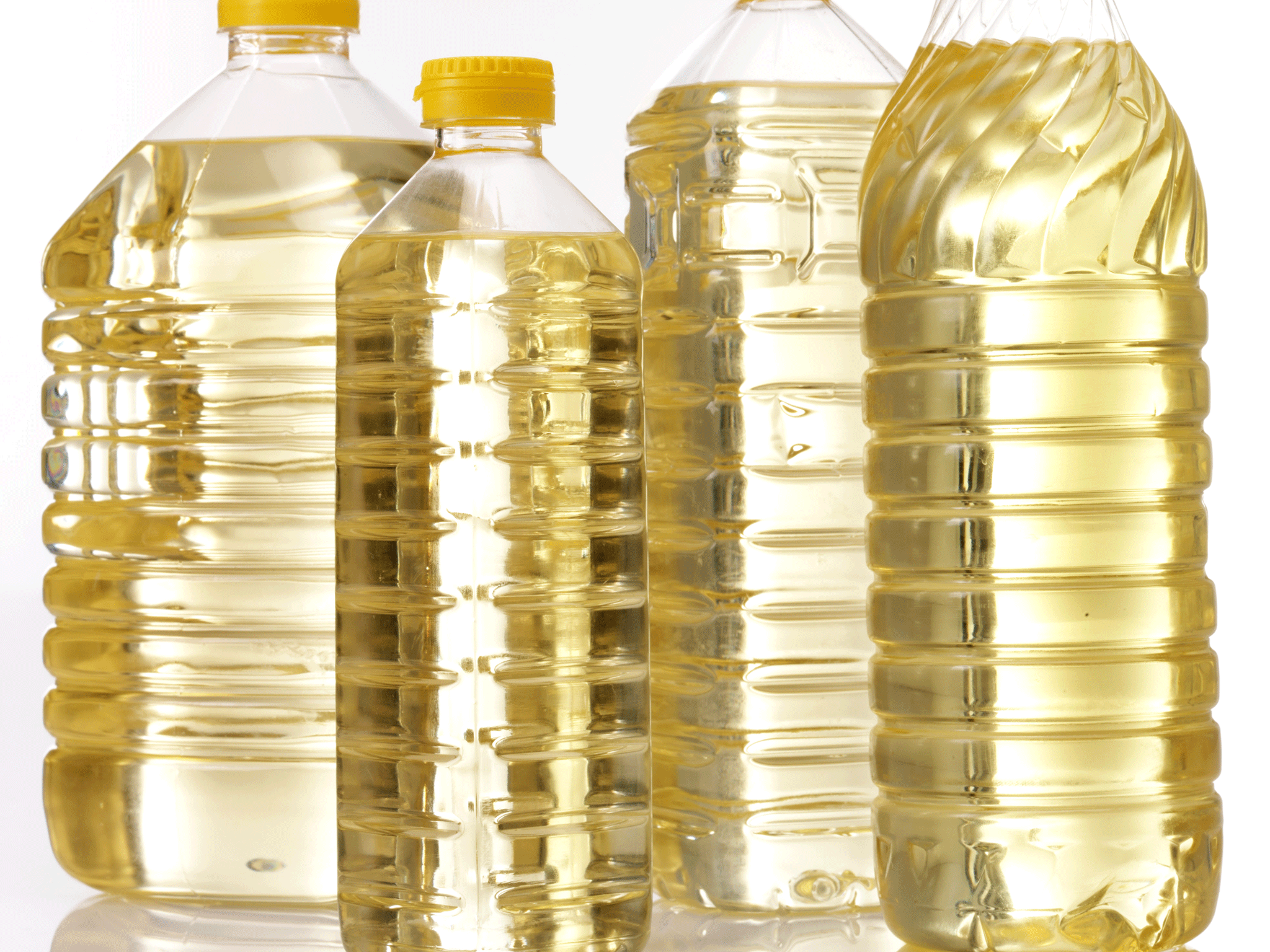
 Here is where government must exercise caution on pronouncements that have long term policy implications. Every modern economy has protectionist measures in place to protect vital industries from unfair trade practices. From milk and cheese in France, beef in the UK to potatoes in Idaho, governments craft legislation to protect the farming communities from what is in a nutshell, Competition, veiled as unfair trade practices!
Here is where government must exercise caution on pronouncements that have long term policy implications. Every modern economy has protectionist measures in place to protect vital industries from unfair trade practices. From milk and cheese in France, beef in the UK to potatoes in Idaho, governments craft legislation to protect the farming communities from what is in a nutshell, Competition, veiled as unfair trade practices!
In the effort to bolster certain priority areas in agriculture, government must also look to enhancing the internal capacity to produce a decent and profitable crop of tomatoes, onions or rice among others, through targeted policy. The Gambia’s perennial struggle to create self sufficiency in vital commodities has always been dogged by cheap and sub-standard imports of questionable quality that wouldn’t pass muster in the U.K. or the European Union (EU). It is common knowledge that European produce destined for export overseas may be wholesome but do not have to meet the stringent standards and guidelines demanded for exports to and within European or US markets. The trade practice of Dumping thus becomes commonplace!!
Vegetable cooking oil and what’s labeled Margarine or Mayonnaise for export outside of the EU are prime examples. The reason I wouldn’t touch these items in The Gambia!!
Yes, I am a strong advocate of free market competition and private sector led growth but in its nascent phase, the Gambian private sector, particularly in agriculture, must be shielded from unfair trade practices and dumping of cheap imports that Gambian and Lebanese importers flood our markets with. I believe that the wholesale lifting of tariffs on imports could serve to dampen local production in the medium and long term. Thus when the season for locally grown onions, tomatoes or potatoes arrives, levies must be imposed in order to afford local producers fair prices that command profitable farm gate revenue and returns to their investment albeit with enhanced quality management on the ground at the producer and marketing levels.
Similar measures could be applied to bolster rice production. I recall a conversation with a former Central Bank economist that said “If The Gambia can import rice cheaper from Thailand or Taiwan, why grow rice anyway. It’s a simple principle of economics at work,” he said. I shook my head in dismay and asked why he, the Economist, wouldn’t want to see an enhanced local capacity for rice production and also test the age old principle of economies of scale. I was to discover later that this same economist had a vested interest (commission/kickback) in what turned out to be the APRC rice imported from Taiwan or thereabouts.
So what I learned was that the “bigwig economist/policy maker” with the Central Bank of The Gambia and other policy makers then and at this time may not be acting in the best interest of Gambians or The Gambia but will undoubtedly look out for personal gain at the expense of Gambians. So informed Gambians must constantly question policy decisions that impinge on their sources of livelihood.
Onions for example, can be produced cheaper in The Gambia and at lower farm gate prices than imports from Europe with tangible data in support of this assertion. However, previous onion production schemes have been beset with massive post harvest and marketing losses that rendered the schemes unsustainable. Thus the need to draw upon the experiences of folks that were involved in those schemes become a must if we are to avoid similar pitfalls going forward. Senegal is also known to have imposed tariffs aimed at consolidating gains made by nascent dairy, tomato and fruit canning industries.
The Gambia must follow suit to protect nascent enterprises in the productive and other vital sectors. There’s absolutely nothing wrong with adopting non-tariff barriers aimed at protecting local industries albeit that the donor community may frown on that. However, strength in knowledge and capacity with trade negotiations are key items to the successful implementation of trade policy.
Not when you have, an APRC regime, water engineer acting as an executive and “all informed” trade minister or an NIA agent acting as trade attache at a Gambian embassy abroad!! Boy did they go wrong on that!! So Mr OJ Jallow, I’d like to get your input on agricultural trade policy going forward!!
Andy
Ends




Hi there to all, how is everything, I think every one is getting more from this website, and your views…
That is so true. Omg, you nailed it. That is exactly typical Gambian attitude unfortunately, it is very depressing.
Ba Buwa is a great man! I first heard his name when I was in Kiang Karantaba Primary School between…
[…] cuatro cuestiones que el comité no pudo resolver son las siguientes: canepa kanye Bubba (Bobby) Sangiang y Momodo Lamine…
Honestly, everything you said here was true and valid. He is obviously my inspiration and motivation. He is my Dad.